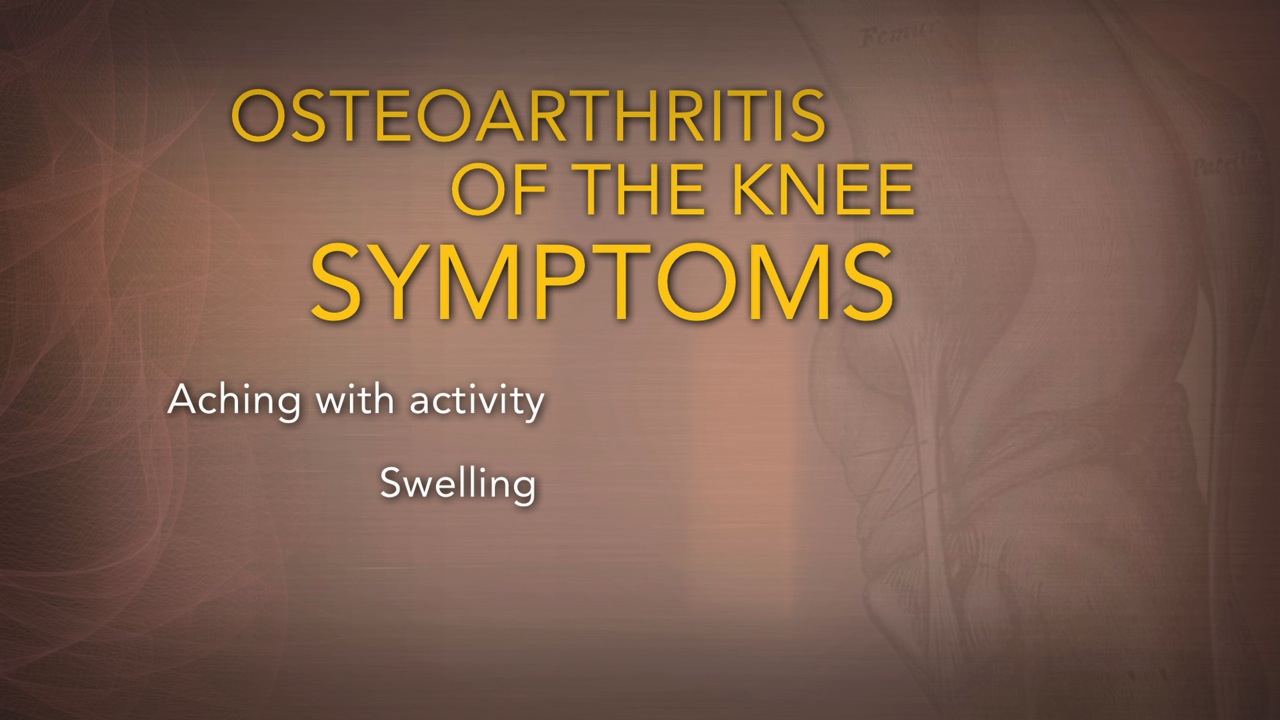NEW YORK (Reuters Health) – Based on preliminary results in two patients with severe rheumatoid arthritis, intraarticular delivery of a gene encoding a cytokine blocker substantially reduces joint pain, at least in the short term, investigators in Germany and the US report.
“These data provide the first documented, clinical evidence that local gene therapy can provide symptomatic relief in human RA,” Dr. Christopher H. Evans and co-investigators write in the February issue of Human Gene Therapy.
Dr. Evans, at Harvard Medical School in Boston, and his team previously found that local gene therapy is effective in animal models of the disease, and results of a phase I trial confirmed that genes could be safely transferred and expressed intraarticularly in humans.
The subjects of the current report were scheduled for surgical synovectomy of metacarpophalangeal (MCP) joints 1-3 of both hands. Subject 1 was 35 years old and had active, highly inflammatory disease. The second subject was 60 years old and had established disease with less acutely inflamed joints.
Synovial fibroblasts obtained during surgery on the first hand were transduced with a retroviral vector encoding human interleukin-1 receptor antagonist (IL-1Ra) cDNA. One or two MCP joints on the contralateral hand were injected with the genetically modified cells, while a control joint was injected with non-transduced synovial fibroblasts.
Subject 1, who received transduced cells in two joints, experienced an 85% pain reduction in one joint within 1 day, and both joints were pain-free from 1 week onward. “Remarkably,” the researchers write, “joints receiving IL-1Ra cDNA were protected from flares that occurred during the study period.”
Expression of IL-1Ra was “greatly elevated” at week 4 in synovial tissue that had received modified cells.
Subject 2 also responded to gene therapy, although more slowly and less completely than subject 1. Pain fell by 70% between weeks 2 and 3.
The control joints injected with unmodified cells “showed only small pain improvements at weeks 3 and 4.”
The authors note that systemic treatment with recombinant IL-1Ra (anakinra; Kineret) is of limited efficacy in rheumatoid arthritis. “It is possible,” they suggest, “that subcutaneous injections of Kineret fail to achieve sustained, therapeutic concentrations of IL-1Ra within joints. Local gene transfer, in contrast, is uniquely capable of doing this.”
Reference:
Hum Gene Ther 2009;20.






